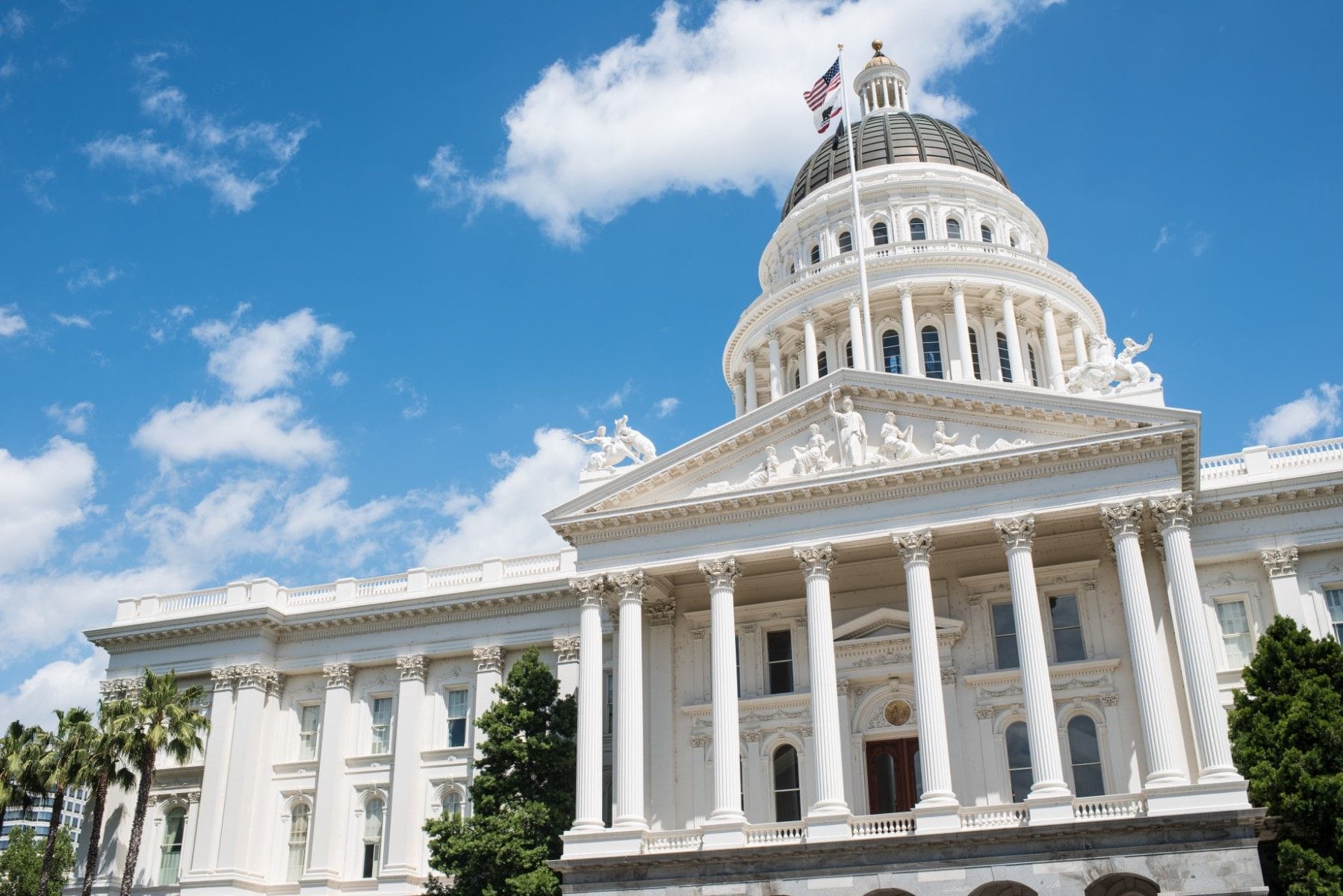Expert Witness Compensation Rules in California
California's expert witness compensation is governed by specific rules ensuring fairness, with guidelines on fees, reasonableness, and distinctions between experts.
Updated on
In this article
What Are the Rules Governing Expert Witness Compensation in California?
In California, expert witnesses play a pivotal role in legal proceedings by providing specialized knowledge that can influence case outcomes. The rules governing their compensation are meticulously detailed to ensure fairness and compliance with legal standards. The California Code of Civil Procedure and various court decisions outline these provisions, reflecting the state's commitment to maintaining a balanced legal process.
Fee Provisions in California Code of Civil Procedure §2034.430: Payment Guidelines for Expert Witnesses
California Code of Civil Procedure §2034.430 is a crucial statute that delineates the payment guidelines for expert witnesses. This provision mandates that the party designating an expert witness is responsible for the expert's reasonable and customary fees. This includes compensation for time spent preparing for a deposition, attending the deposition, and testifying at trial. However, the statute emphasizes that these fees must align with what is typically charged by experts in the same field and geographic area.
Key points of CCP §2034.430 include:
- Advance Payment: Parties may be required to pay expert witness fees in advance of services rendered, ensuring that experts are not financially burdened.
- Reasonable Fees: The statute explicitly states that fees must be "reasonable," considering the complexity and demands of the case.
- Fee Shifting: In some instances, if one party's expert fees are deemed excessive, the court may order adjustments or fee-shifting to maintain equity.
Reasonableness Standards and Rate Caps: What California Courts Consider
California courts have established guidelines to determine the reasonableness of expert witness fees. While there are no strict rate caps imposed statewide, courts evaluate several factors to assess reasonableness:
- Expertise and Experience: The expert's qualifications, including education and professional experience, are critical factors.
- Market Rates: Courts compare the proposed fees with prevailing market rates for similar expertise in the area.
- Case Complexity: More complex cases may justify higher fees, reflecting the intricacies involved in the expert's analysis.
- Preparation and Testimony Time: Courts consider the amount of time required for preparation and testimony, ensuring compensation is proportional to effort.
Decisions like Mardirossian & Associates, Inc. v. Ersoff (153 Cal. App. 4th 257) provide insight into how courts analyze these factors, reinforcing the importance of fairness and appropriateness in expert compensation.
Distinction Between Retained Experts and Treating Physicians in California: Compensation Differences
In California, a clear distinction exists between retained experts and treating physicians regarding compensation. Retained experts are individuals specifically hired to provide expert testimony, whereas treating physicians are those who have provided medical care to a party involved in the litigation.
- Retained Experts: Their compensation is negotiated based on their expertise and the requirements of the case. They are subject to the guidelines in CCP §2034.430, ensuring their fees are reasonable and customary.
- Treating Physicians: Often compensated differently due to their role as factual witnesses. Their fees typically cover time spent preparing reports or testifying but are not subject to the same negotiation processes as retained experts.
This distinction is crucial as it affects both the legal strategy and financial planning of the parties involved. The case of Schreiber v. Estate of Kiser (22 Cal. 4th 31) highlights the nuances in compensating treating physicians, underscoring their dual role as caregivers and factual witnesses.
Practical Tips for Structuring Expert Witness Fee Agreements in California
Creating a well-structured fee agreement for expert witnesses in California is essential for ensuring clarity and compliance with legal standards. Such agreements should address various factors to prevent disputes and facilitate a smooth legal process. Here are some practical tips for structuring these agreements:
- Clarify Scope of Work: Clearly define the expert's responsibilities, including specific tasks such as report preparation, deposition attendance, and trial testimony. This helps in setting clear expectations for both parties.
- Detail Fee Structure: Outline the fee arrangement, specifying hourly rates or flat fees for different services. Ensure that the fees align with what is reasonable and customary in the expert’s field and geographic area.
- Include Reimbursement Provisions: Address reimbursement for expenses such as travel, lodging, and materials. Specify which party will cover these costs and include any limits or conditions.
- Set Payment Terms: Establish clear payment terms, including timelines for advance payments and deadlines for settling invoices. This ensures that the expert is compensated promptly and avoids financial burdens.
- Address Fee Adjustments: Include provisions for adjusting fees if circumstances change, such as increased complexity in the case or additional time requirements. This flexibility helps accommodate unforeseen developments.
- Incorporate Dispute Resolution: Specify a process for resolving any disputes over fees or services, such as mediation or arbitration, to minimize disruptions in the legal proceedings.
By incorporating these elements, parties can create comprehensive fee agreements that promote transparency and fairness, aligning with the guidelines established by the California Code of Civil Procedure and relevant court decisions.


